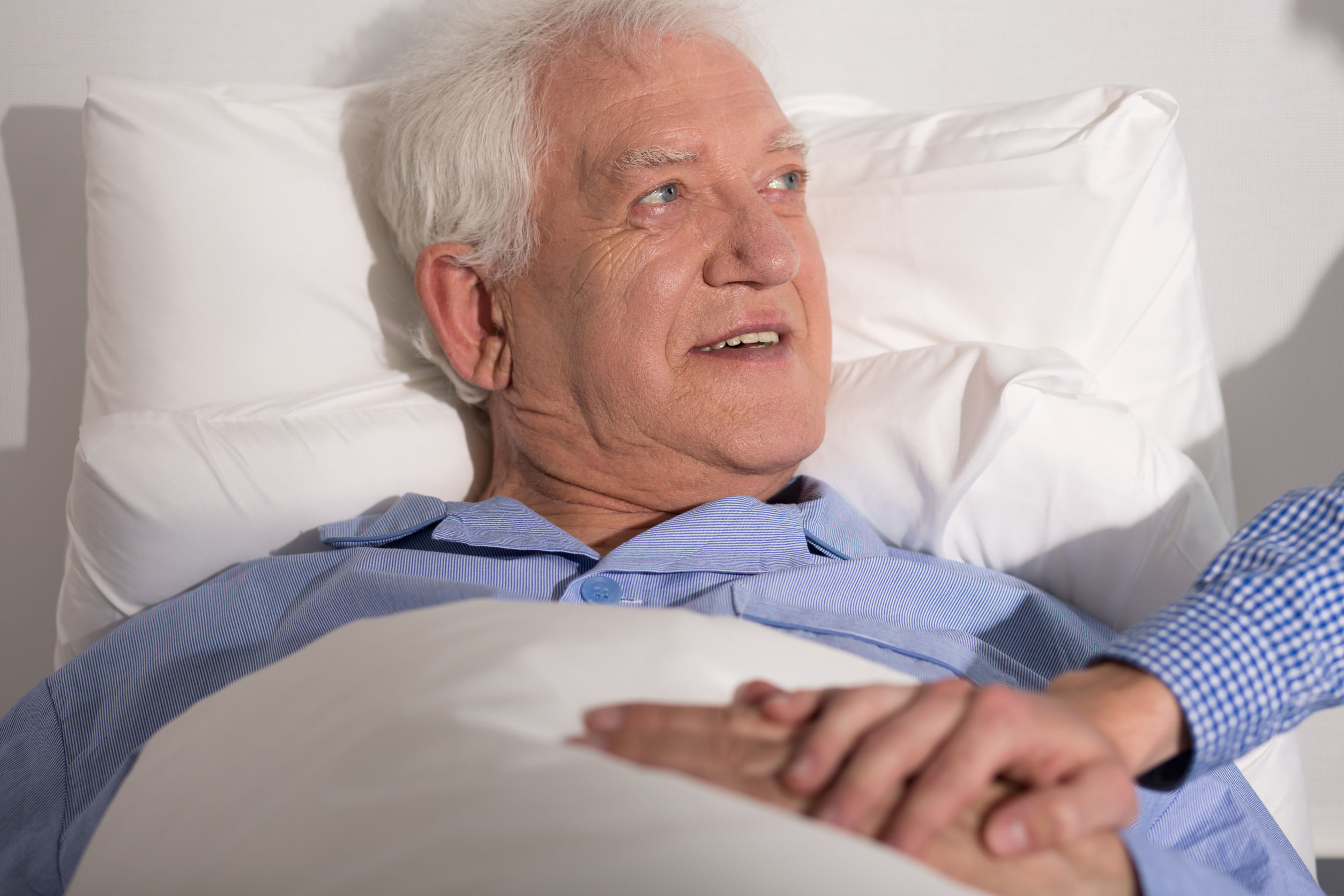If you’re wondering how best to help a loved one nearing the end of life, start with this universal truth: we all want to avoid pain and suffering. People will have varying preferences about end-of-life care, but virtually everyone wishes to be free of pain and discomfort.
Hospice Care
We encourage everyone who is eligible to enroll in hospice care to do so. This is the simplest way to be prepared with the tools and knowledge to ensure comfort at the end of life. Hospice can be a taboo subject for many families, and some people seem to think death might arrive sooner under hospice care. That is completely false.
Here’s the truth: once you have decided that life-saving measures are unavailable or undesirable, nothing has to change when you enroll in hospice. The process begins with a nurse performing an assessment, then some additional services become available to you, and you will receive a box of medications to tuck away until they are needed. In our experience, this process gives families peace of mind knowing they are prepared for what is to come. Never have we heard of anyone regretting enrolling in hospice.
Non-Medical Home Care
We also urge you to initiate non-medical home care sooner than later. Many families delay starting or increasing home care to minimize spending, but they often later realize that more care earlier would have been beneficial. It’s not a matter of weakness or guilt but practicality – some of the many ways in which attentive in-home care helps avoid discomfort near the end of life include:
- Repositioning the client every 1-2 hours to reduce the risk of pressure ulcers
- Frequent changing and incontinence care to protect skin from breakdown
- Medication reminders and tracking, day and night (end-of-life medications may be prescribed up to every 2-4 hours)
- Daily bed baths, clothing changes and skin care for comfort
- Changing and washing soiled sheets
- Comforting and hand-holding
While hospice typically provides 2-3 short bathing visits per week, personal care providers, like Full Heart Home Care, assist with activities of daily living and household tasks around the clock. Many hospice clients require 24/7 care, but some might only need 8-10 hours of help per day. We will be happy to help you determine the right amount of care for your loved one.
Additional Considerations
Beyond avoiding pain and suffering, people will have different preferences about end-of-life care, so these are some topics we recommend addressing in advance.
- Family, friends and neighbors might want to visit to say goodbye. Is this acceptable to your loved one, or is there a point at which visits should be discouraged? For example, someone might want to stop receiving visitors once they are no longer alert, while others might be comfortable with people visiting as they wish.
- Many people fear being alone when they become unable to help themselves. Does your loved one want someone at bedside around the clock? If so, arrange family rotations and / or in-home care.
- Some people want to remain alive for as long as possible, while others accept death more readily. This preference may dictate how long you encourage food and fluids versus how soon you initiate morphine therapy. Of course, consult your physician or hospice provider when making these decisions.
How can we help you?
We have had the honor of caring for many clients during their final months, and we have seen a wide variety of approaches and preferences. Please feel free to contact us if we can be of assistance to you and your loved ones – whether you just need advice or are ready to begin in-home care, we are here for you.



